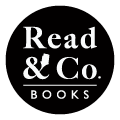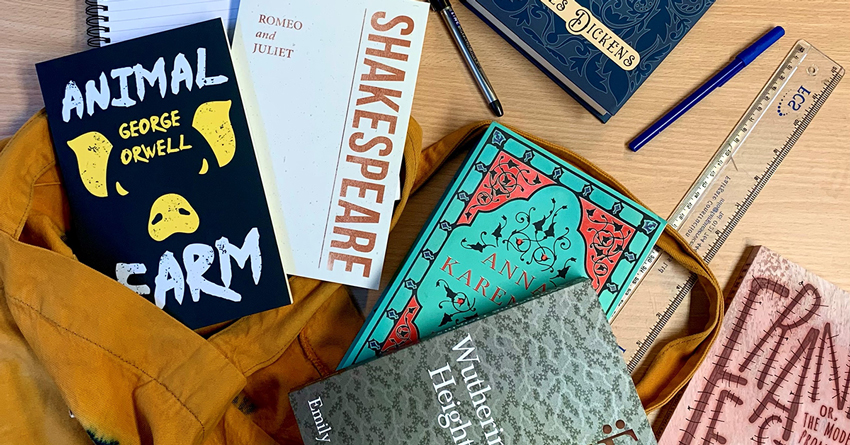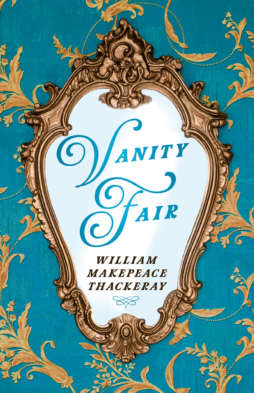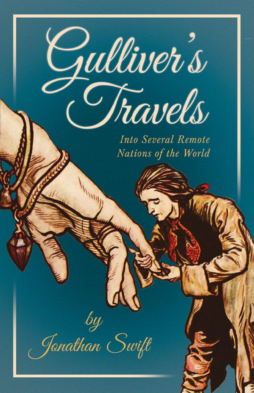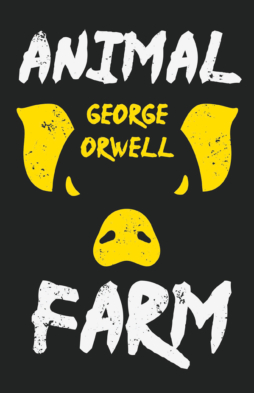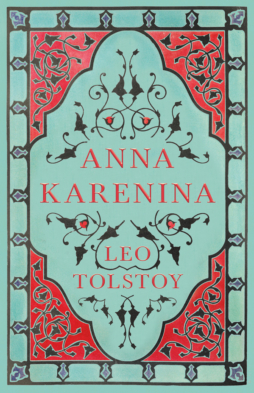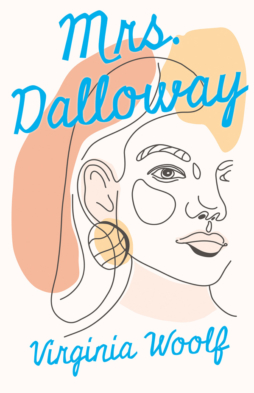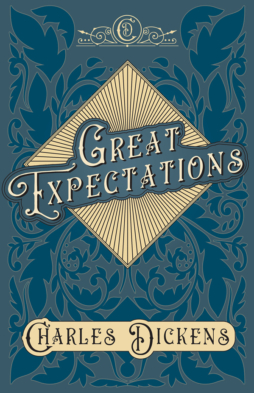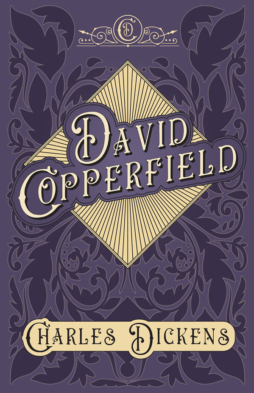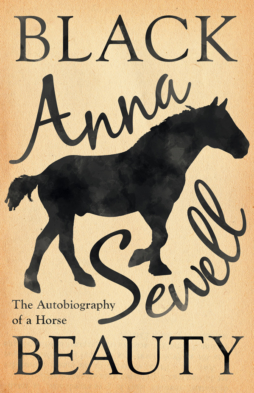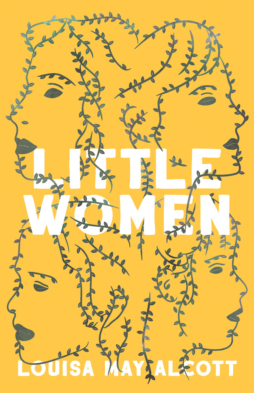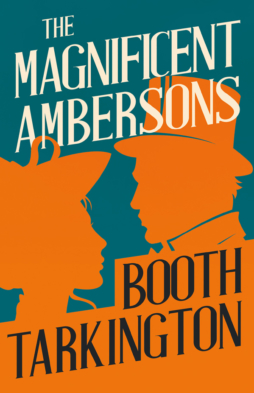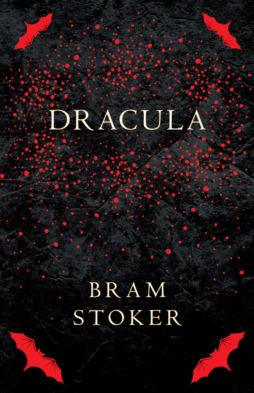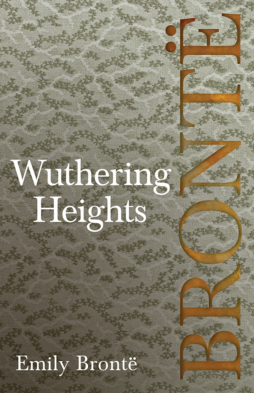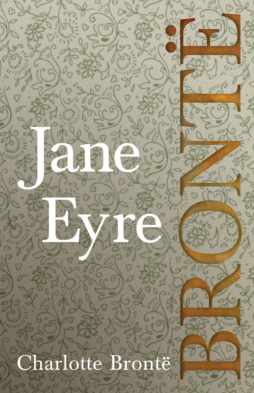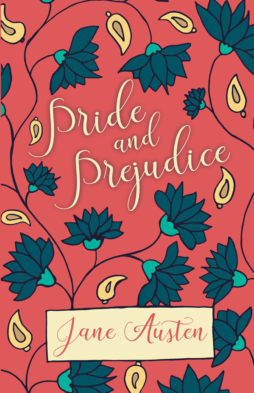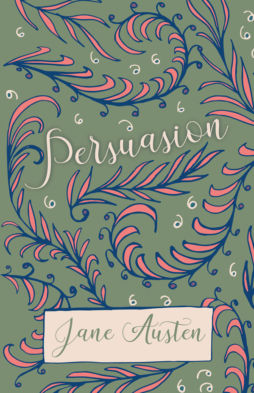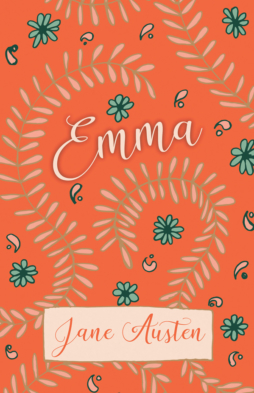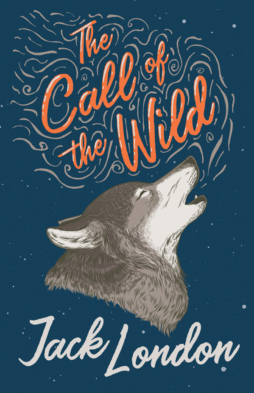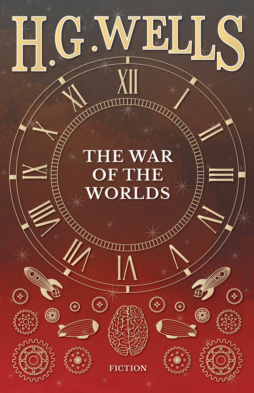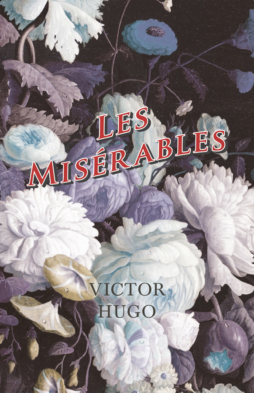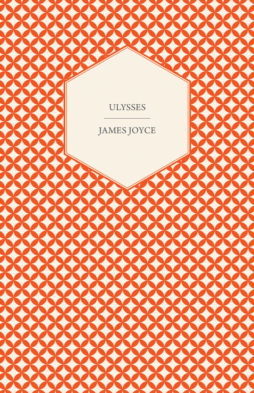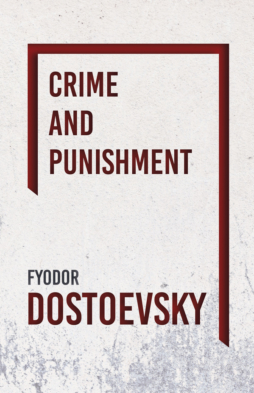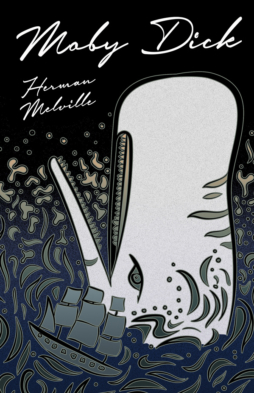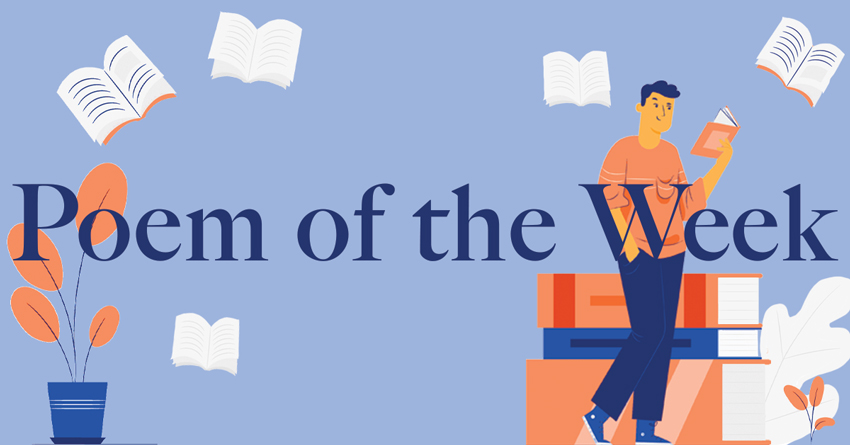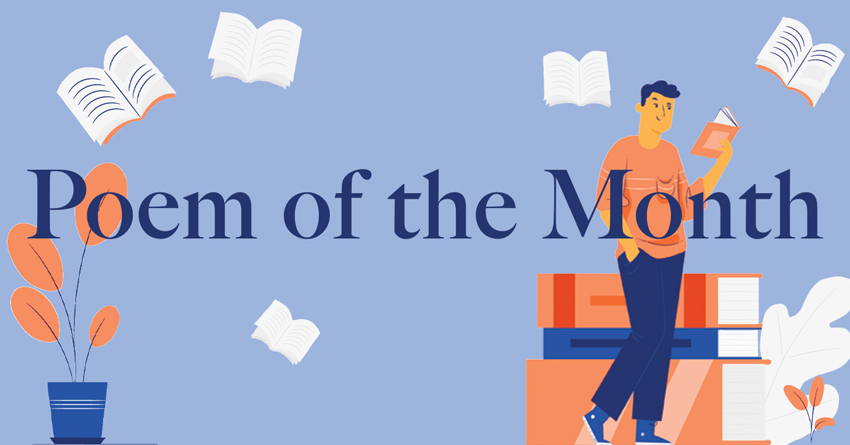There’s nothing quite like the feeling that September brings. The start of Autumn, the beginning of a new school year and, if you’re like us, the unmistakable joy of new stationery. Whether you’re beginning your GCSE’s or A-Levels, embarking on higher education, or simply fancy brushing up on your classic literature, get ready for the year ahead with these Classroom Classics – fifteen classic books to read in high school. These fantastic titles are popular on school reading lists and are sure to get you back-to-school ready.
“There is no Frigate like a Book, To take us Lands away”
Emily Dickinson
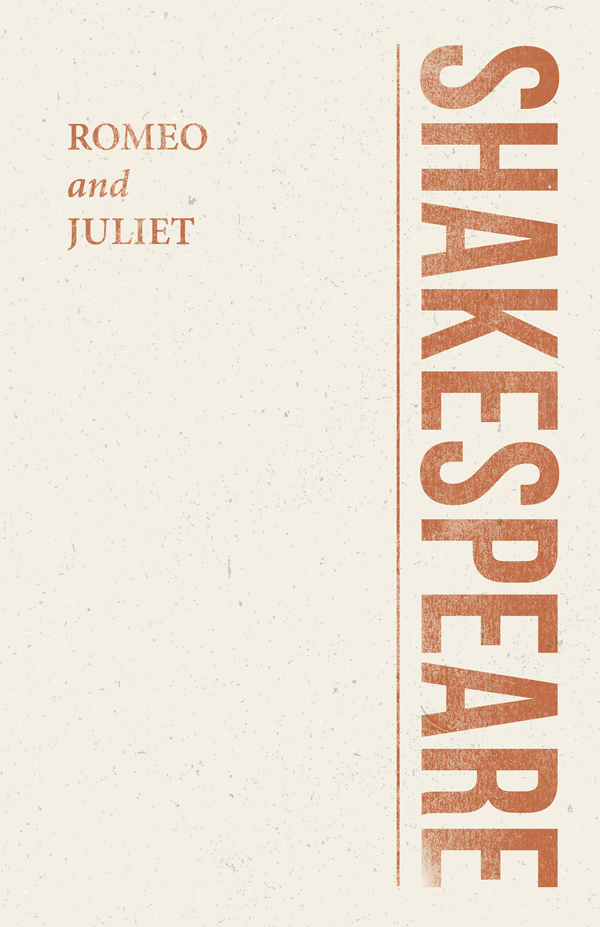
Romeo and Juliet – By William Shakespeare
A long-standing favourite of classroom reads, Shakespeare’s tragedy tells the story of two star-crossed lovers, battling to keep their love alive amidst a deadly family feud. Unfortunately for Romeo and Juliet, this is one love story without a happy ending.
“But, soft, what light through yonder window breaks?
It is the east, and Juliet is the sun.”
Romeo and Juliet – By William Shakespeare
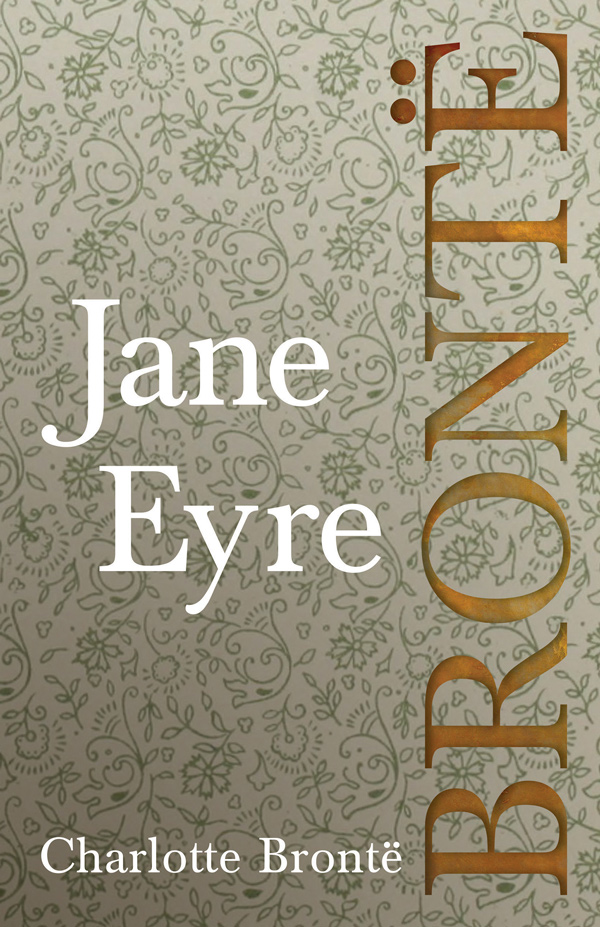
Jane Eyre – by Charlotte Brontë
This classic book chronicles the life of its main character Jane, through her growth into adulthood and love for the brooding Mr Rochester. Full of biting wit and social commentary, Charlotte Brontë pushed the boundaries of the societal norms with her 1847 Romance novel.
“I am no bird; and no net ensnares me: I am a free human being with an independent will.”
Jane Eyre – By Charlotte Brontë
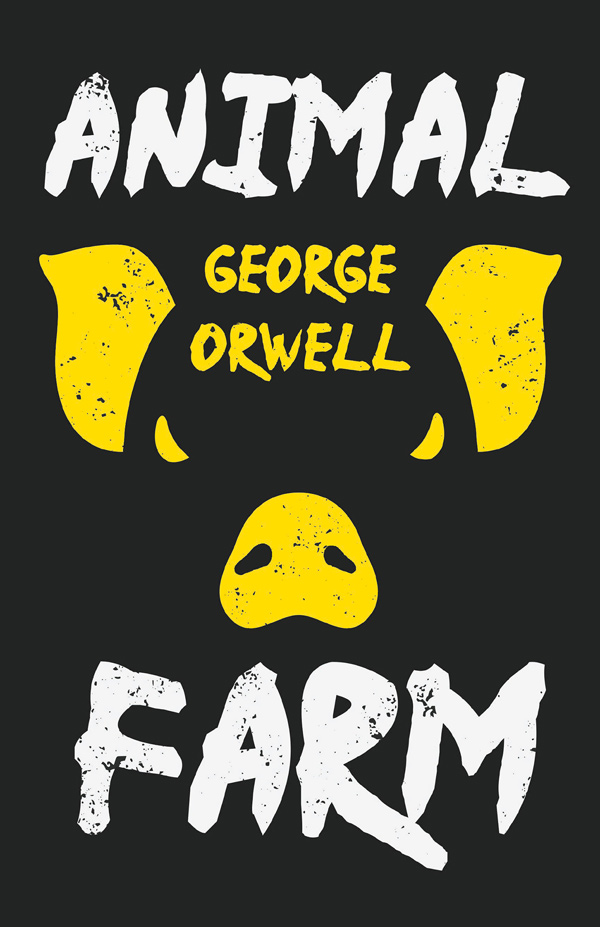
Animal Farm – By George Orwell
Based on the Russian Revolution, Orwell’s famous satire tells the tale of the animals on a farm who engage in a rebellion against the farmer. All seems well until their efforts are subverted by a pig called Napoleon who leads them into a brutal dictatorship instead.
“The creatures outside looked from pig to man, and from man to pig, and from pig to man again; but already it was impossible to say which was which.”
Animal Farm – By George Orwell
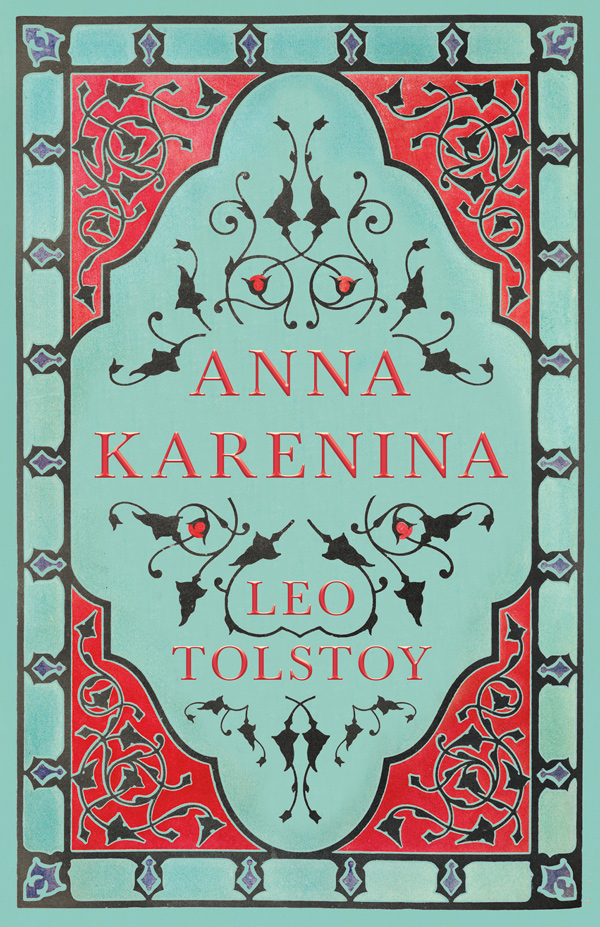
Anna Karenina – By Leo Tolstoy
Widely considered to be one of the greatest literary works ever produced. This fantastically intricate novel in eight parts chronicles the lives and relationships of over a dozen characters and deals with such themes as marriage, faith, fidelity, betrayal, Russian society, and desire.
“I’ve always loved you, and when you love someone, you love the whole person, just as he or she is, and not as you would like them to be.”
Anna Karenina – By Leo Tolstoy
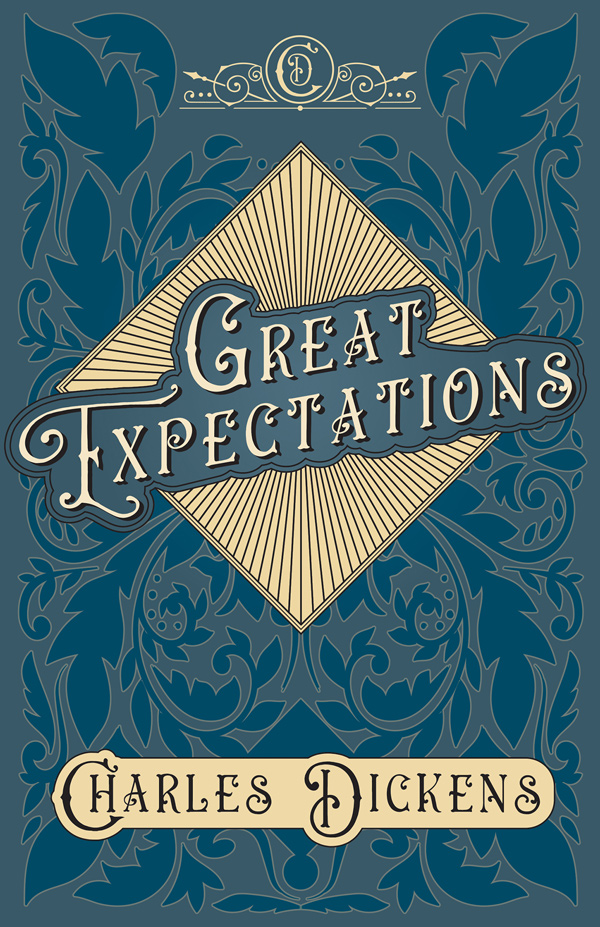
Great Expectations – by Charles Dickens
One of the most ‘Dickensian’ novels of all, Great Expectations chronicles the life of a young man named Pip, living as an orphan in Victorian London, who dares to dream of becoming a gentleman. Featuring a colourful cast of characters – including the reputable Miss Havisham.
“I loved her against reason, against promise, against peace, against hope, against happiness, against all discouragement that could be.”
Great Expectations – By Charles Dickens
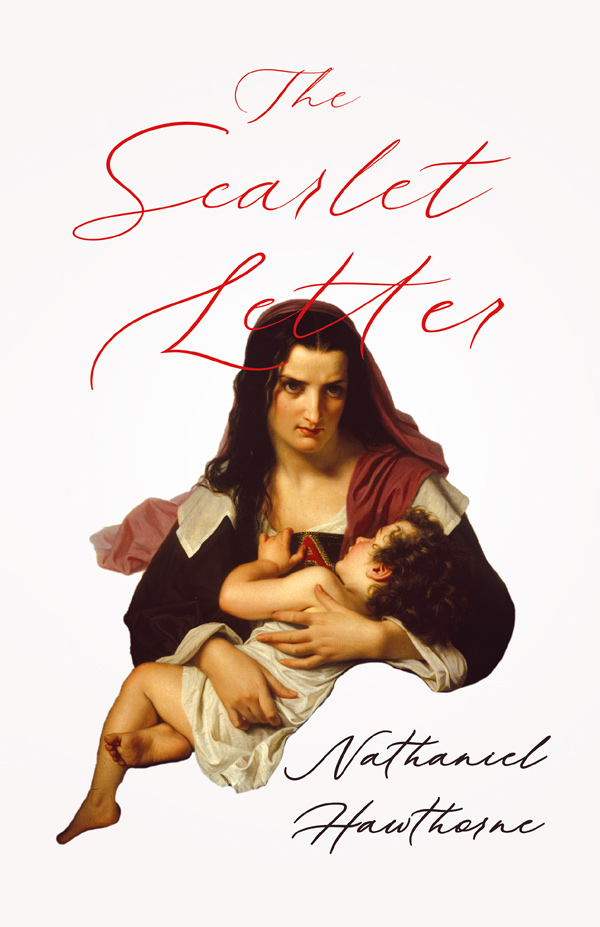
The Scarlet Letter – By Nathaniel Hawthorne
Set in the Puritan Massachusetts Bay Colony between 1642 and 1649, The Scarlet Letter tells the tale of Hester Prynne and her endeavours to forge a new life of dignity after having a baby out of wedlock. An outrageous example of the evil in humanity and ripe with moral messaging.
“The symbol was not mere scarlet cloth tinged in an earthly dyepot, but was red-hot with infernal fire, and could be seen glowing all alight whenever Hester Prynne walked abroad in the nighttime. And we must needs say it seared Hester’s bosom so deeply, that perhaps there was more truth in the rumor than our modern incredulity may be inclined to admit.”
The Scarlet Letter – By Nathaniel Hawthorne
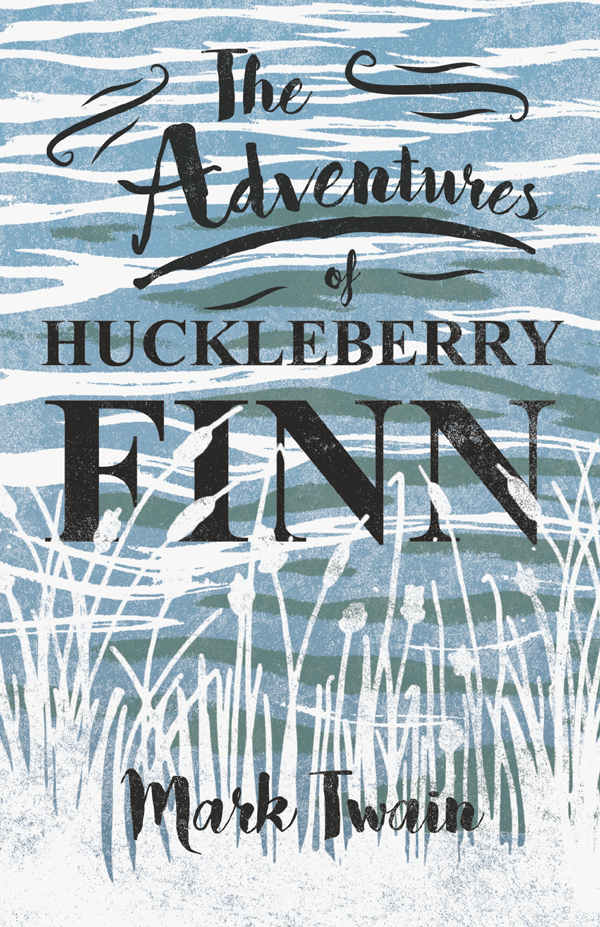
The Adventures of Huckleberry Finn – By Mark Twain
Mark Twain’s adventure novel sees two unlikely characters embark on a quest for freedom. Driven by two different motives, young Huckleberry Finn and his friend Jim, set off on an adventure down the Mississippi on a raft. With themes of slavery in America, bravery and friendship, this multi-layered story is an all-time classic.
“Jim said that bees won’t sting idiots, but I didn’t believe that, because I tried them lots of times myself and they wouldn’t sting me.”
The Adventures of Huckleberry Finn – By Mark Twain
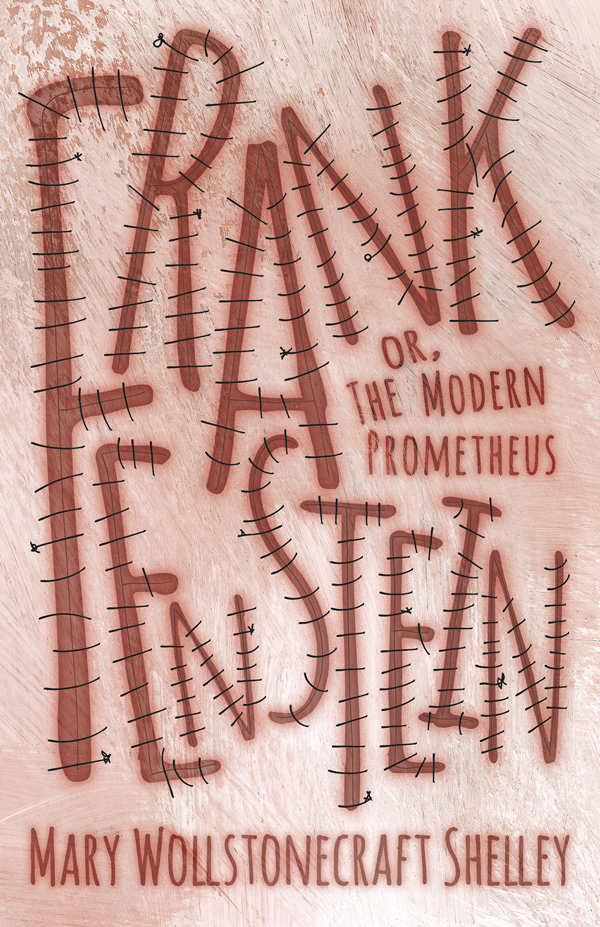
Frankenstein – By Mary Shelley
A classic of horror fiction, Frankenstein follows the story of a young scientist called Victor Frankenstein who creates a monstrous but conscious creature in a secret scientific experiment. Repulsed by his creation, Victor flees the laboratory, and when he returns, the creature is nowhere to be found.
“If I cannot inspire love, I will cause fear!”
Frankenstein – By Mary Shelley
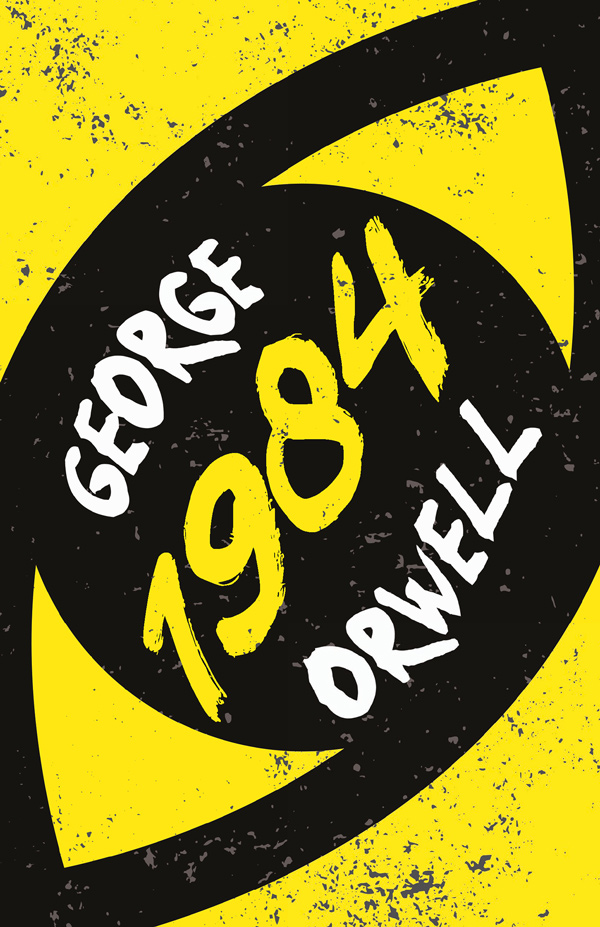
Nineteen Eighty-Four – By George Orwell
Set in the year 1984 when Britain is part of a totalitarian state called Oceania ruled by “The Party”. Modelled on Stalinist Russia, the novel explores the position of the truth in politics and how it can be manipulated with allusions to real instances of totalitarian repression.
“War is peace.
Freedom is slavery.
Ignorance is strength.”
Nineteen Eighty-Four – By George Orwell
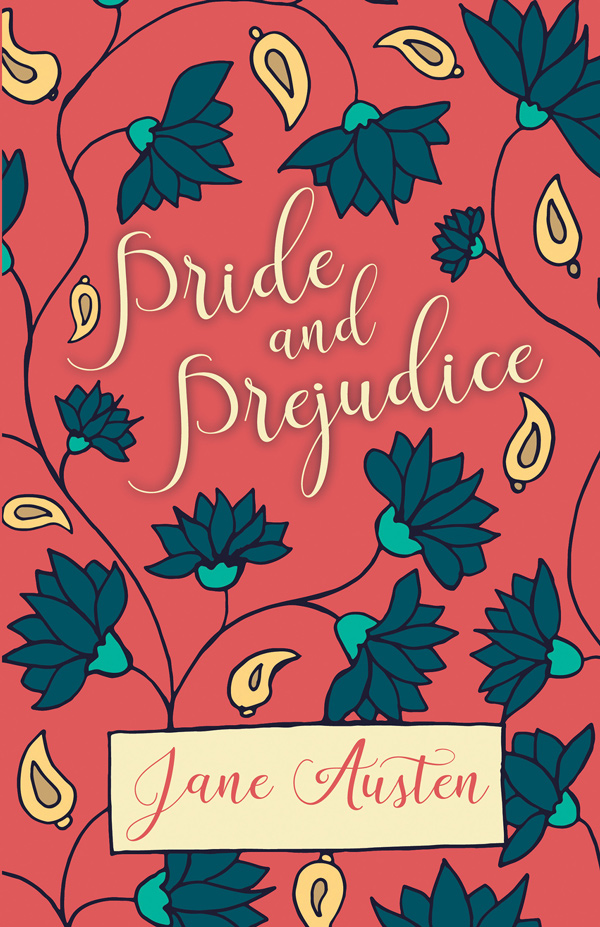
Pride and Prejudice – By Jane Austen
In Jane Austen’s much-adored novel, Elizabeth Bennet must learn how to navigate the English gentry after the death of her father. Along with a tantilising romance with the infamous Mr Darcy, this fabulous comedy of Regency England is full of Austen’s sparkling wit.
“It is a truth universally acknowledged, that a single man in possession of a good fortune, must be in want of a wife.”
Pride and Prejudice – By Jane Austen
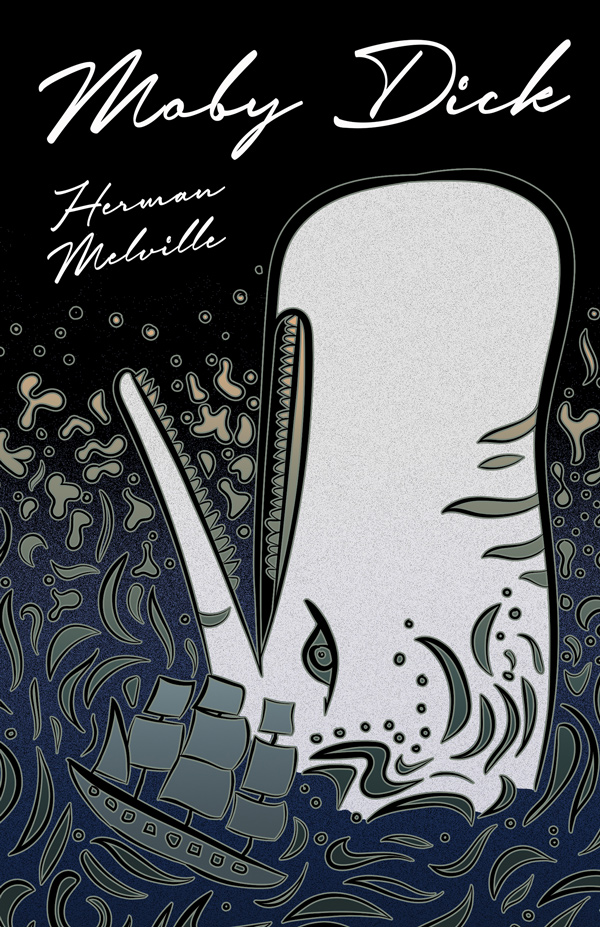
Moby Dick; or The Whale – By Herman Melville
With one of the most famous opening lines of all time, this is a tale of obsession and consequence. Recounted by Ishmael, a lowly sailor aboard a whaling ship, the ship and crew embark on an obsessive quest for revenge against the giant sperm whale, Moby Dick, after it tore off the captain’s leg on a previous voyage.
“Call me Ishmael”
Moby-Dick – By Herman Melville
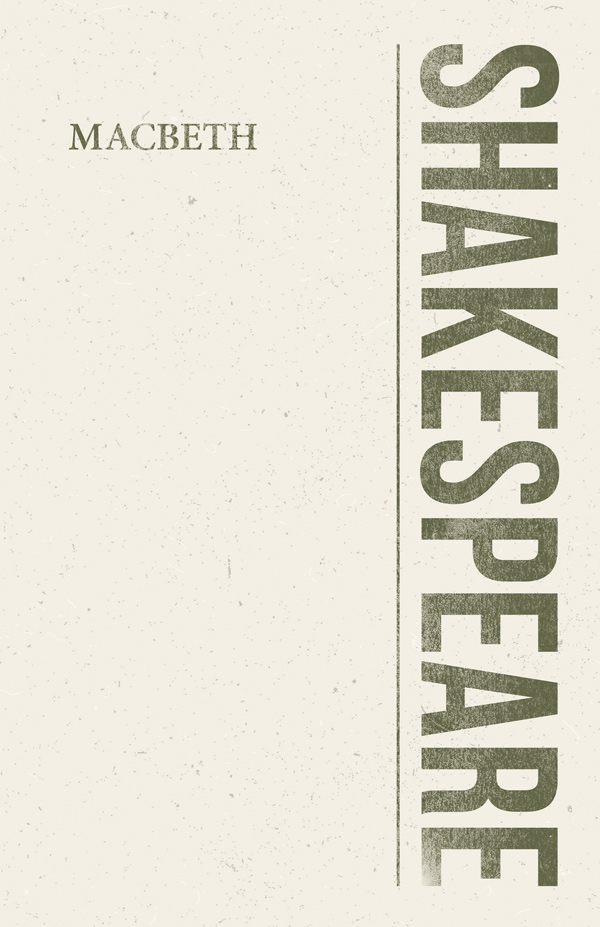
Macbeth – By William Shakespeare
On a moor, three witches appear to Macbeth, and prophesise his fate to become Scotland’s King. Macbeth embraces his greed and lust for power to fulfil his destiny by the most scandalous of means, fuelled by his wife’s cold ambition. Guilt and madness take their toll in this atmospheric, psychological and sinister tale.
“Double, double toil and trouble;
Fire burn, and cauldron bubble.”
Macbeth – By William Shakespeare
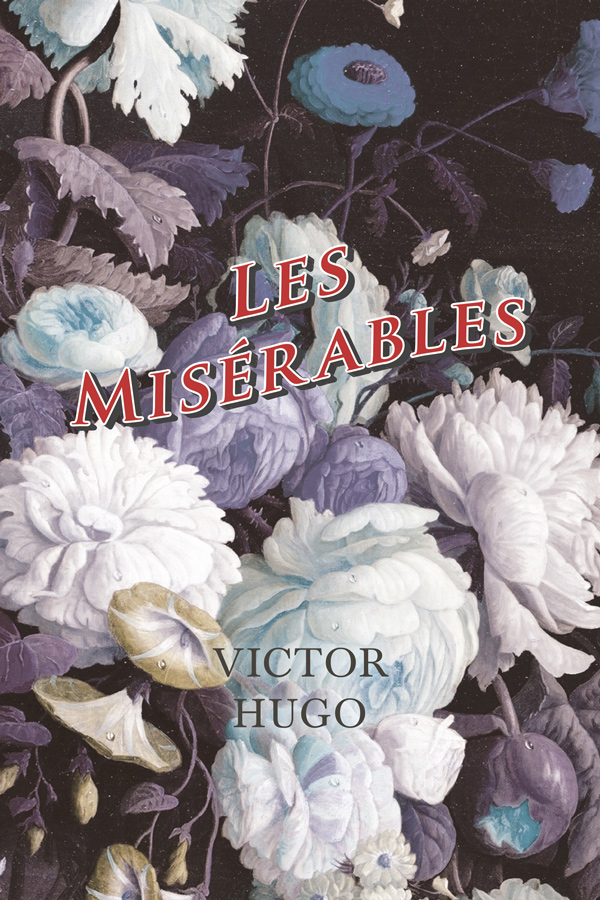
Les Misérables – By Victor Hugo
Chronicling the lives of several characters, Les Mis, is a profound examination of French history, the nature of law and justice, contemporary urban life, politics, moral philosophy, religion, and the types of romantic and familial love.
“The future has several names. For the weak, it is impossible; for the fainthearted, it is unknown; but for the valiant, it is ideal.”
Les Misérables – By Victor Hugo
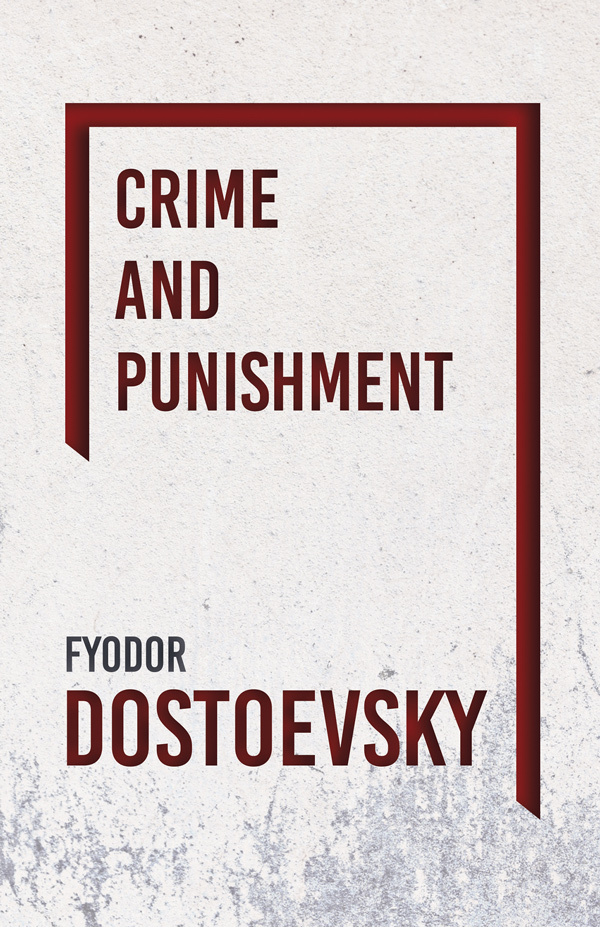
Crime and Punishment – By Fyodor Dostoyevsky
This powerhouse of Russian literature places you into the confused mind of a misguided murder. After Rodion Raskolnikov conceives a murderous plan to steal from a notorious pawnbroker, he is left in a delirious state, unknowingly drawing attention to himself and his awful crime.
“Pain and suffering are always inevitable for a large intelligence and a deep heart.”
Crime and Punishment – By Fyodor Dostoyevsky
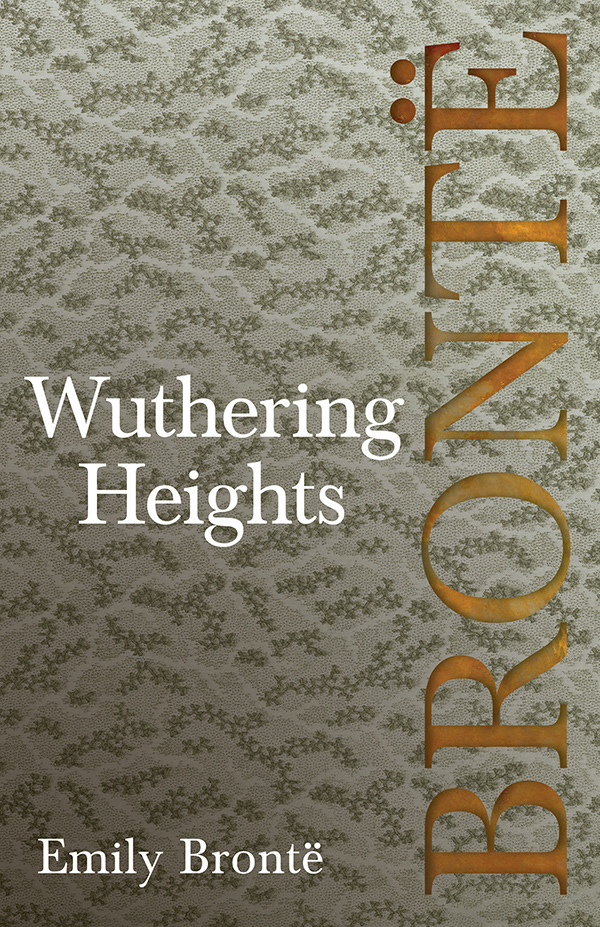
Wuthering Heights – By Emily Brontë
A veritable classic of English literature, Wuthering Heights tells the story of Catherine Earnshaw and Heathcliff and their self-destructive relationship, set to a backdrop of the wild and windswept Yorkshire Moors. This haunting romance is full of longing, suspense and betrayal.
“He’s more myself than I am. Whatever our souls are made of, his and mine are the same.”
Wuthering Heights – By Emily Brontë
*Please be aware that the books featured on this blog may not be the editions requested by your school.
